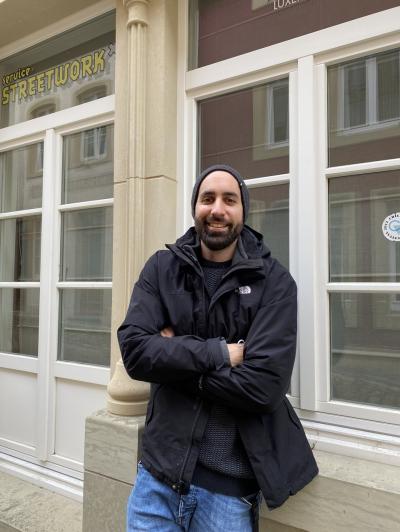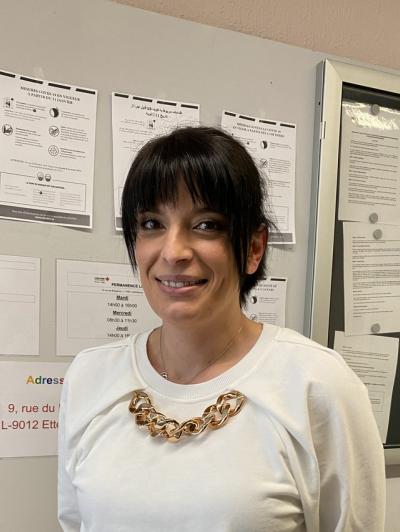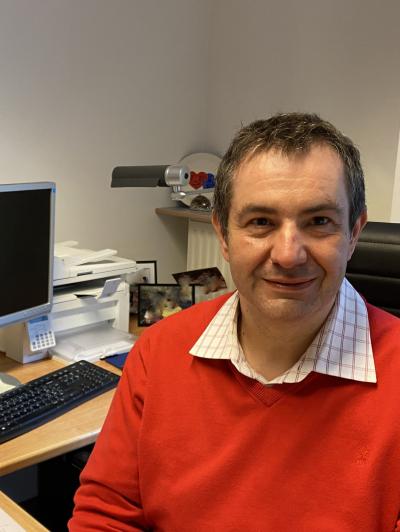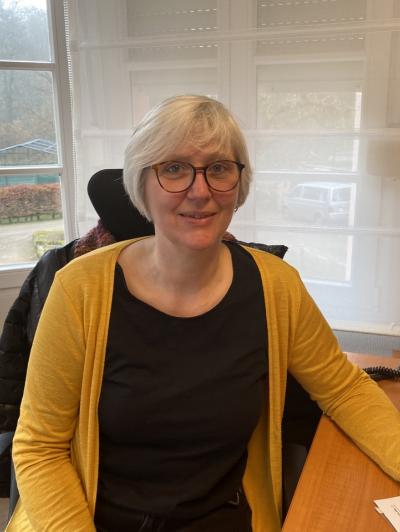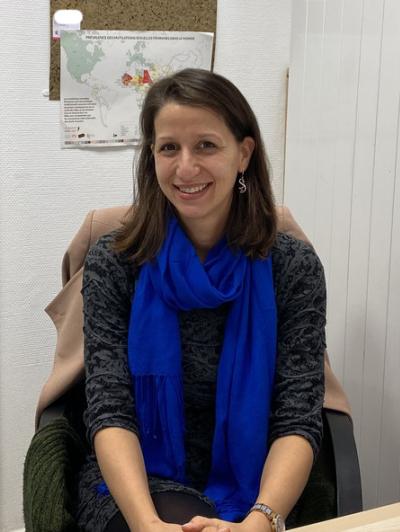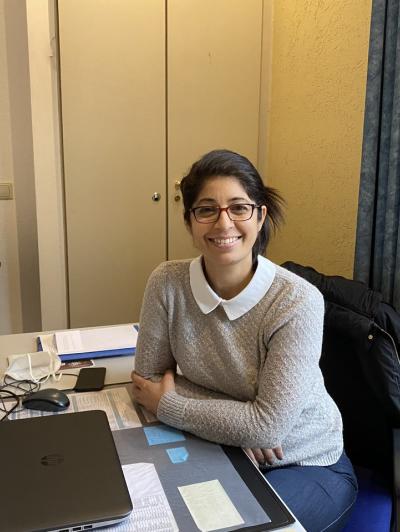
Justine Van Leeuwen - It's a discovery every day!
Thursday 7 March 2019
Justine Van Leeuwen is a social worker in a shelter for male refugees who arrived alone in Luxembourg.
Why did you choose the profession of social worker?
Throughout my high school years, I always knew that I would turn to a job in personal assistance. I wanted to do a job where I felt useful and work in a sector that would help fight social injustice. As a result, I didn't hesitate at all to go down this path.
What qualities are required to do this job?
Above all, it requires interpersonal skills, a strong sense of listening and communication, an open mind and a lot of tolerance. You also need to be able to analyse situations in depth, step back and adapt to people's rhythms in order to make the right decisions and help people as much as possible. Finally, you have to be organized because there is a lot of administrative work in what I do on a daily basis.
What do you like most about what you do?
The job of social worker is very varied. The situations are so different from person to person and from day to day. This gives a dynamic work environment that I like very much. After a few years of work, I am still in an learning process today. It is a discovery on a daily basis, especially when working in a multicultural environment such as a refugee shelter. At the same time, I learn a lot about myself, about my own limits and to put my worries into perspective.
And what is more difficult?
It is this feeling of helplessness that we sometimes have when we cannot help as we would like to be able to do. There is the ideal that we have and that motivated us to choose the profession of social worker and then there are the social realities. Fortunately, we can count on the support of an entire team at this time of doubt.
Why, do you think men rarely choose this profession?
First of all, I think it's for historical reasons: The helping professions have always been equated with women. I also think so because it is a profession that is unfortunately not always valued as it should be. As a result, men may prefer to move into other occupations.
Is it better to be a female social worker or a male when working with male refugees?
It is the relationship of trust that is important and it does not depend on whether you are a woman or a man; when there are moments of tension in the home, for example, a woman will also be able to intervene. Refugee men have respect for women. Through dialogue, tensions will be resolved. On the other hand, as soon as the situation normalizes, the female social worker must be able to remain firm and above all not to flinch at the slightest pressure. The cultural dimension of course plays a role. In some cultures, the place of women is not the same as in our culture. This can sometimes block during the first contacts. It is then up to us, in this case, to show them that women have a different role in society than the one they have been taught in their country. As social workers in the refugee homes, we have the role of teaching them about the culture of their host country, how it works and its habits and customs.
Linked news
Donate
Your donation is essential to ensure the continuity of Caritas Luxembourg's actions in the service of the poor.
Other donation methods
